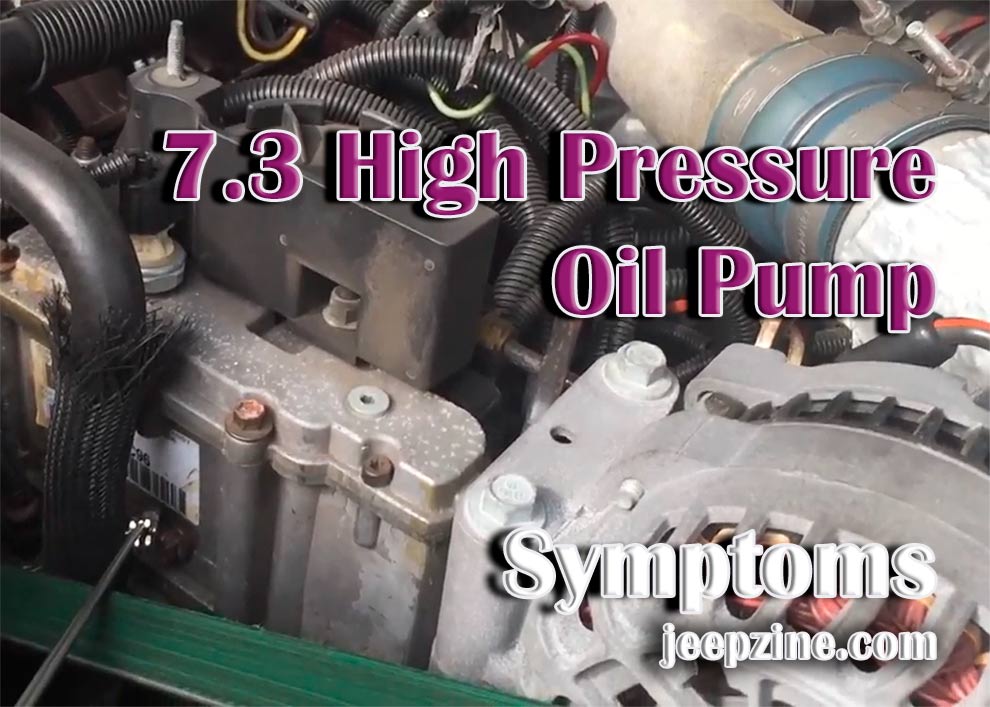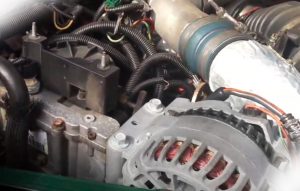High pressure oil pump symptoms can be difficult to diagnose in a timely manner. This is because these symptoms are often intermittent, and they may not occur until the problem becomes severe. If you start noticing any of these 7.3 hpop symptoms, it’s important that you take your vehicle to an auto repair shop as soon as possible!
The high pressure oil pump, sometimes called the HPOP, is a vital part of your engine. It delivers oil to all parts of your motor in order to keep them lubricated and running smoothly. If you have problems with this issue then it can lead to a variety of other issues including but not limited to: poor performance, excessive smoke from tailpipe, bad idle quality or stalling off on acceleration.
One common symptom of a bad 7.3 high pressure oil pump is that the car will start and idle, but die as soon as you take your foot off the gas pedal. Another sign of this problem is that when you turn the key in the ignition, it turns over slowly or not at all. This means there isn’t enough fuel being delivered to keep it running while idling because of low pressure from an ill-functioning high pressure oil pump. A third indication is if your engine won’t crank or just cranks for a few seconds before going dead again. If any one of these things happens to your 7th generation Ford, then it’s time to fix it!
How Do You Fix The Issue?
In order to fix this issue, you will need to replace your high pressure oil pump and do a complete fuel system tune up which should include changing the spark plugs, air filter as well as any injectors that may be in need of service. As always make sure all fluids are topped off before starting engine again after repairs.
Here are some tips to avoid future HPOP issues:
-
Do a complete coolant system inspection and replace any leaks or hoses which could be causing oil leakage. This includes the radiator, heater core, thermostat housing, water pump and all gaskets and seals in between.
-
Get rid of any air bubbles inside your cooling system by adding more coolant as needed (it’s best to have an engine flush done first). Maintain proper levels of oil for your motor so it can keep up with high demands throughout its lifetime. Ensure that you change your fluids regularly too!
-
Replace old spark plugs at least every 18 months or when misfires occur. Check fuel injectors for leaks or other signs of wear and replace as needed.
-
Keep up with your oil changes, no matter the mileage on your engine (you can check manufacturer recommendation).
Conclusion
A failing high pressure oil pump will not produce enough pressure to drive the camshaft and may cause serious engine damage in time if left unattended. A faulty HOPP can also lead to problems related to fuel injectors, ignition systems, wastegate control solenoids and other components that rely on pressurized lubrication for proper operation. In some cases it could result in complete failure of engine parts due to lack of lube; this would require an engine replacement which comes at significant expense compared to a HOPP replacement. So, be careful with your vehicle and try to avoid HPOP issues beforehand.



Add Comment